Supplies fear puts focus on readiness of WA hospitals as border stays shut
The main hospital in the Kimberley region has narrowly avoided running out of dozens of basic and essential medical supplies.
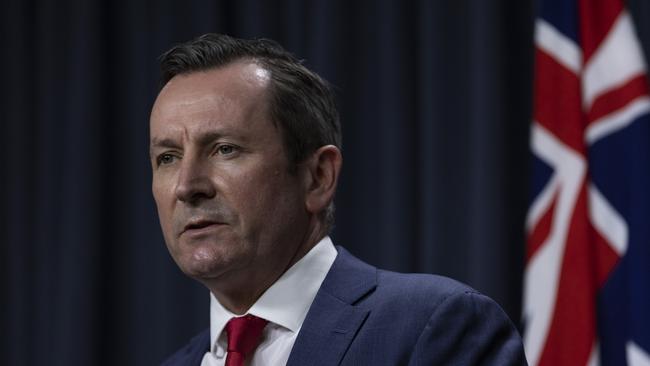
The main hospital in Western Australia’s Kimberley region has narrowly avoided running out of dozens of basic and essential medical supplies, raising fresh questions about the readiness of the state’s hospitals some two years into the pandemic.
The hospital supply crisis emerged as Premier Mark McGowan announced on Thursday night that the planned full reopening of the state’s borders to quarantine-free travel on February 5 would be delayed.
Mr McGowan said it would be “irresponsible and reckless” to ignore the Omicron outbreaks in the rest of the country.
He said the “safe transition plan” announced in November had been based on modelling for the Delta variant. “Omicron is a whole new ball game,” he said, adding that it had delivered a 900 per cent increase in hospitalisations because of Covid.
WA is the only state or territory that has kept its borders closed to travellers.
Mr McGowan said he was sorry for the disruption to travel plans but going ahead would mean the seepage of “thousands and thousands” of Covid cases into WA.
The decision to abandon the dismantling of WA’s hard border on February 5 is set to throw major industries and sporting leagues into chaos.
The about-face will complicate the plans for the higher education sector, which had been eyeing a much-needed increase in international student numbers after two years of severe Covid impacts.
It is another major blow for tourism operators who had been holding out hope for a return of interstate travellers, as well as major airlines who had been eyeing a return of normality. Qantas had also previously announced plans to relaunch its Perth to London route as well as a new Perth to Rome route, but Mr McGowan on Thursday night said the limit of 265 overseas arrivals into WA each week would remain.
And WA’s place in the national sporting landscape is again in jeopardy, just weeks after the state lost the right to host the fifth Ashes Test as a result of its hard border.
Mr McGowan said WA sporting teams that had been based outside the state in anticipation of a February 5 dismantling of the border would be given exemptions to re-enter the state, subject to them spending two weeks in quarantine upon arrival.
The Premier said the ability of Perth’s AFL teams to participate in the upcoming season will also need to be “worked out as we go along”.
“It’s not our number one priority. The health and wellbeing of Western Australians is our number one priority,” he said.
The poor state of the state’s health system – with Broome Hospital’s supply crisis the latest example – has sparked fears its hospitals would not be able to cope with any Covid-19 outbreak once borders were opened.
Mr McGowan denied that the delay was a reflection of any issues in the state’s hospitals.
“The advice we have is that the health system is strong and ready,” he said.
A memo at Broome Regional Hospital, obtained by The Australian, said the facility’s supply warehouse was out of a host of supplies including sutures, swabs, scissors, surgical gloves, patient gowns and even epidural kits.
The note said the hospital’s supply warehouse was experiencing delays because of transport issues and the closure of suppliers due to Christmas and Covid issues.
“If hospital staff need to escalate any items, please provide Stores with a list and they can possibly source stock from another hospital or see if they can airfreight the item and track daily,” it read.
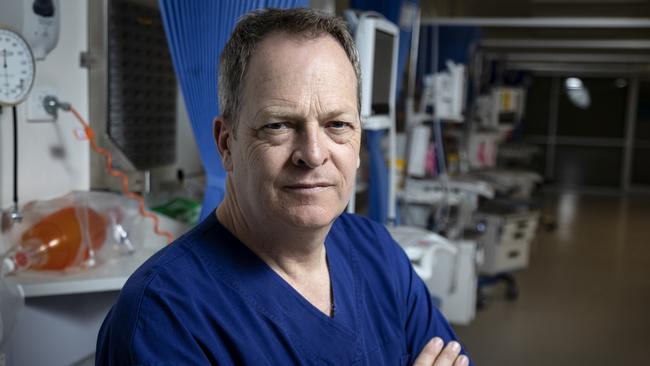
WA Country Health Services chief executive Jeff Moffet said the stock shortage was felt in the hospital’s supply warehouse rather than the hospital itself, and was a result of the supply chain disruptions felt across the country in recent weeks.
“The community should be assured that WA Country Health Service places stock orders for all of our hospitals well in advance and always has access to contingency stock, if required,” he said. “Broome Health Campus was not, and is not, out of any medical supplies.”
Mark Duncan-Smith, the president of the WA arm of the Australian Medical Association, said the supplies issue was just another sign of the problems across the state’s health system.
“I find this absolutely unbelievable,” Dr Duncan-Smith said.
“We’ve had the Health Minister saying ‘We are ready for Covid’, and yet can’t even properly supply Broome hospital.”
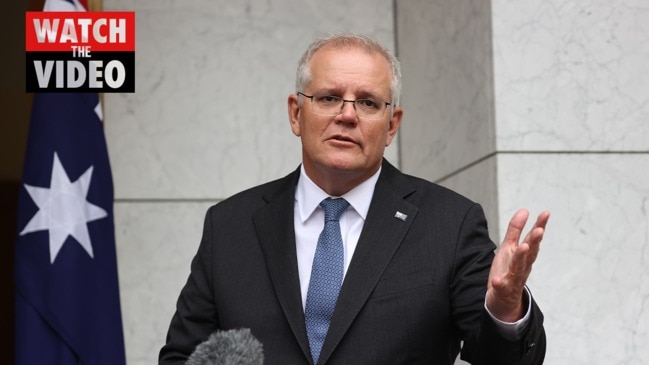
The Kimberley is one of the most vulnerable regions, if not the most vulnerable, for Covid in WA, given its comparatively low vaccination rates and the high rate of comorbidities in its proportionally large Indigenous population.
The wider crisis in the WA health system has been highlighted by large increases in ambulance ramping – the amount of time the vehicles spend outside hospitals waiting to admit patients. Across WA’s major hospitals, ramping doubled in 2021 to the highest on record, and is now five times the average levels when the McGowan government came to power in 2017.
Certain elective surgeries were cancelled on numerous occasions in 2021 in a further effort to bring relief to the health system.

The issues stem at least in part from a shortage of doctors and nurses, with international travel restrictions in particular cutting off access to foreign professionals who typically make up a large portion of the WA health system.
Deputy Premier Roger Cook was stripped of the health portfolio late last year; the role is now filled by Amber-Jade Sanderson.
The issues in WA health have come despite the state generating an unprecedented operating surplus because of soaring iron ore royalties and a larger share of the GST pie.
The state recorded a $5.8bn operating surplus in 2021, and is expected to reap a further $2.4bn surplus this year. The government has responded to the growing concerns by committing an extra $3.2bn to the health system, including a further 270 hospital beds, 180 extra doctors, 410 extra nurses and 1200 graduate nurses.
Opposition health spokeswoman Libby Mettam described Broome’s list of out-of-stock items as “staggering”.
“The McGowan government have had more time than any other government on the planet to prepare for Covid in the community, and it’s astounding that our hospital system is out of stock on basic supplies two weeks before the border opens,” Ms Mettam said.
“Together with the state’s health workforce issues and the information and policy vacuum regarding Covid and the reopening, it begs the question of what has this government actually been doing over the last two years to prepare?”
Mr McGowan announced that the current travel restrictions that exclude almost every person from entering WA would be eased slightly from February 5.
Exemptions will now be provided for compassionate cases, including returning Western Australians with “legitimate” family connections in the state and people looking to attend funerals or visit relatives in palliative care.
Those who receive exemptions will be required to spend two weeks in self-quarantine upon their arrival.



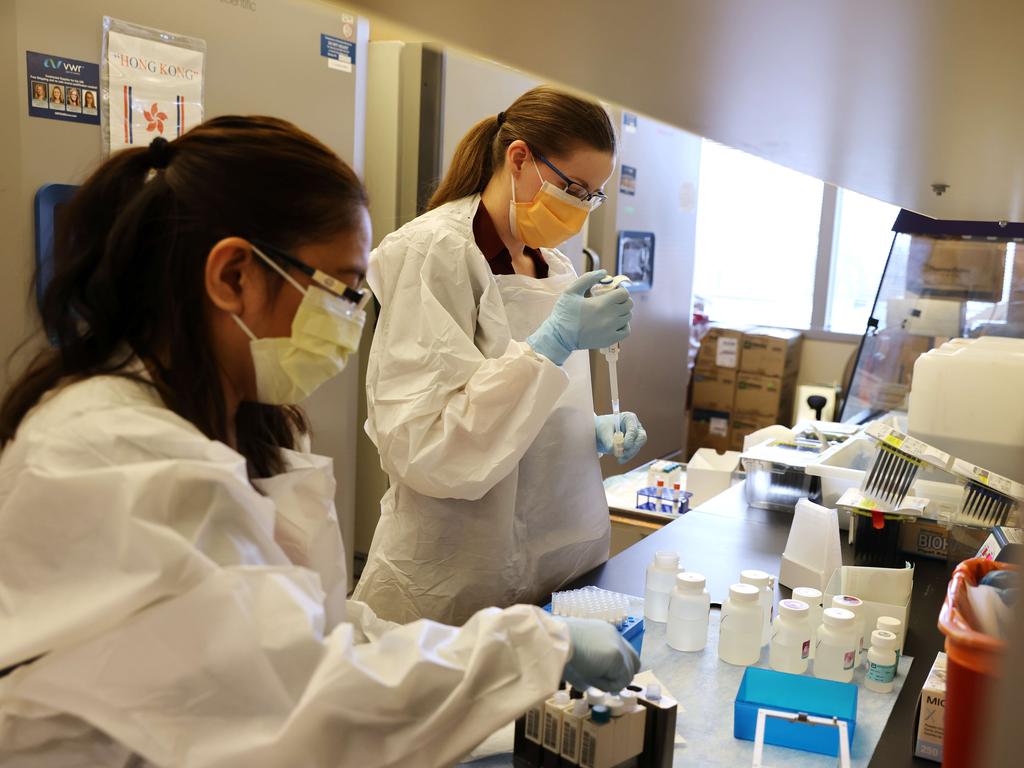
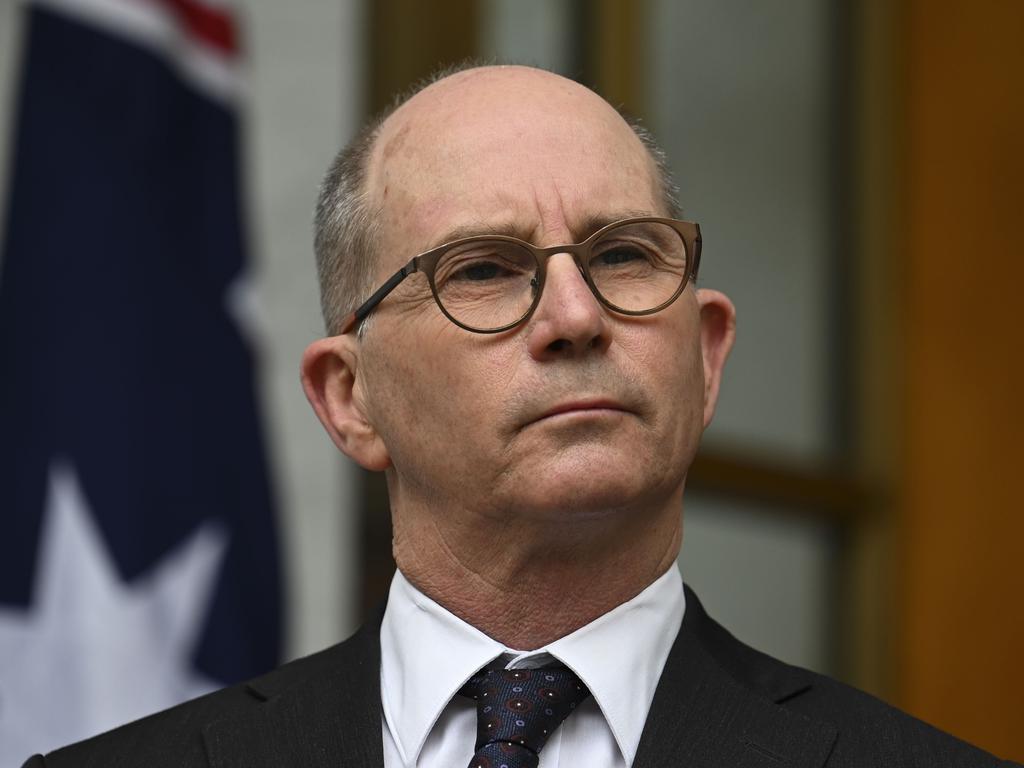
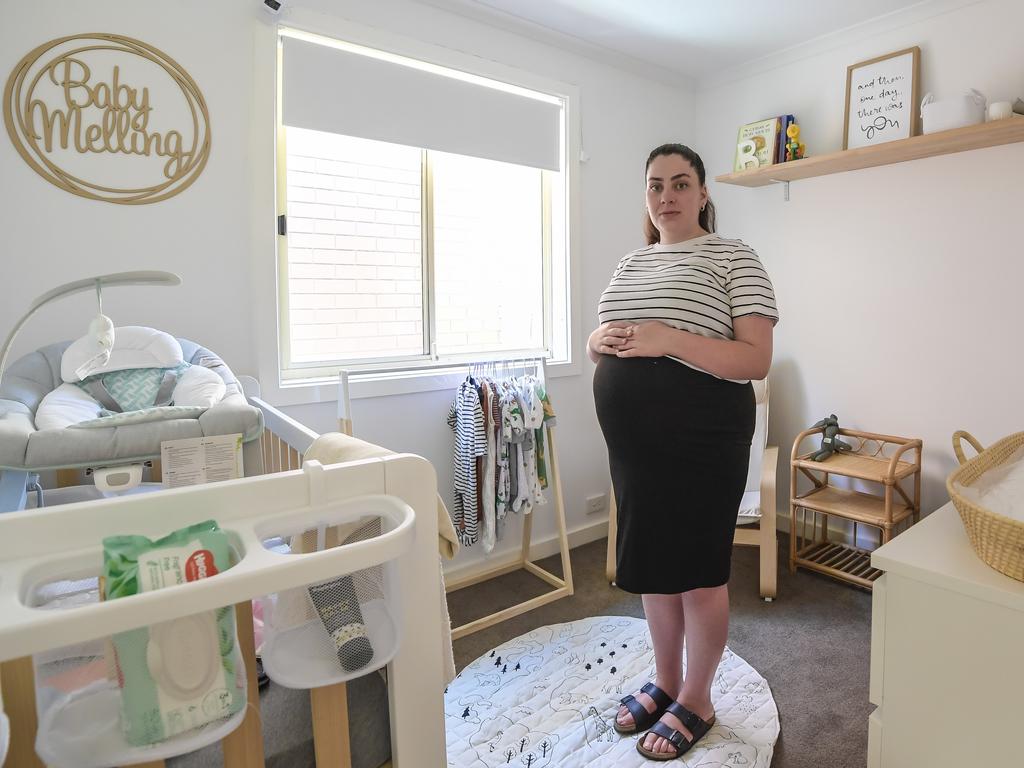


To join the conversation, please log in. Don't have an account? Register
Join the conversation, you are commenting as Logout